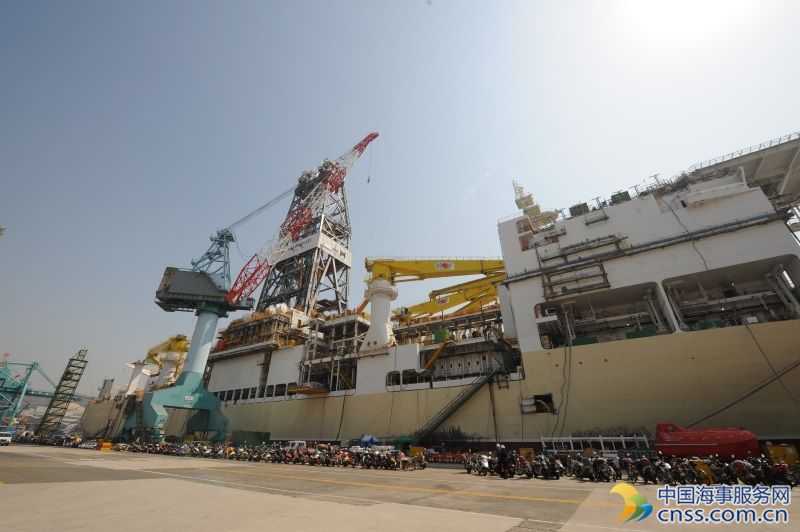CEs commit to code for safer shipping in ports and harbours

Chief executives of New Zealand’s port companies, councils and Maritime New Zealand willtomorrow (August 18) commit to a revised, national port and harbour marine code to make shipping in commercial harbours safer.
Maritime NZ Director Keith Manch said by raising the code to a commitment by CEs, the maritime industry is sending a strong message about shipping safety in ports and harbours.
New initiatives include creating a governance group of CEs, jointly funding a secretariat to administer the revised code, and setting up a work programme including safety systems reviews and performance monitoring. The reviewers will be experienced harbourmasters, marine managers, and pilots nominated by councils and port companies, and supported by Maritime NZ.
“Safe, reliable shipping protects people, our environment and our country’s international reputation,” Mr Manch said. “With 99 percent of our imports and exports by volume travelling by sea, our ports and harbours are crucial to our economy and trading relationships.”
Mr Manch said the main focus of the code is the safe movement of ships inside commercial ports and harbours. This includes waterways and channels, marine traffic, berthing, port operations on the water, and protection of the marine environment.
“Ports are multi-faceted operations, with the added complexity of different businesses working in the same place with overlapping safety responsibilities,” said Garth Cowie, Napier Port CEO. “There are inherent risks in a port environment, and managing and mitigating those risks is of the utmost importance.
“New Zealand ports are committed to ensuring that every person entering their operation can carry out their work without undue risk and go home safely to their families at the end of the day. The revised New Zealand Port and Harbour Marine Safety Code, along with the governance protocols, is part of that.”
The New Zealand Port and Harbour Marine Safety Code includes “statements of good practice” for maritime activities inside ports and harbours and a safety management system for applying these practices based on a shared responsibility model.
New Zealand has had a voluntary harbour and ports safety code since 2004 but this was not consistently applied and had no formalized system for managing and overseeing it. Such inconsistency can pose uncertainty and risks for shipping and port companies, and costs on trade.
“This revised code is a new way of approaching our responsibilities by working together to make ports and harbours safer,” Mr Manch said.
Source: Maritime New Zealand
HEADLINES
- Do shipping markets want Biden or Trump for the win?
- All 18 crew safe after fire on Japanese-owned tanker off Singapore
- Singapore launching $44m co-investment initiative for maritime tech start-ups
- Cosco debuts Global Shipping Industry Chain Cooperation Initiative
- US warns of more shipping sanctions
- China continues seaport consolidation as Dalian offer goes unconditional